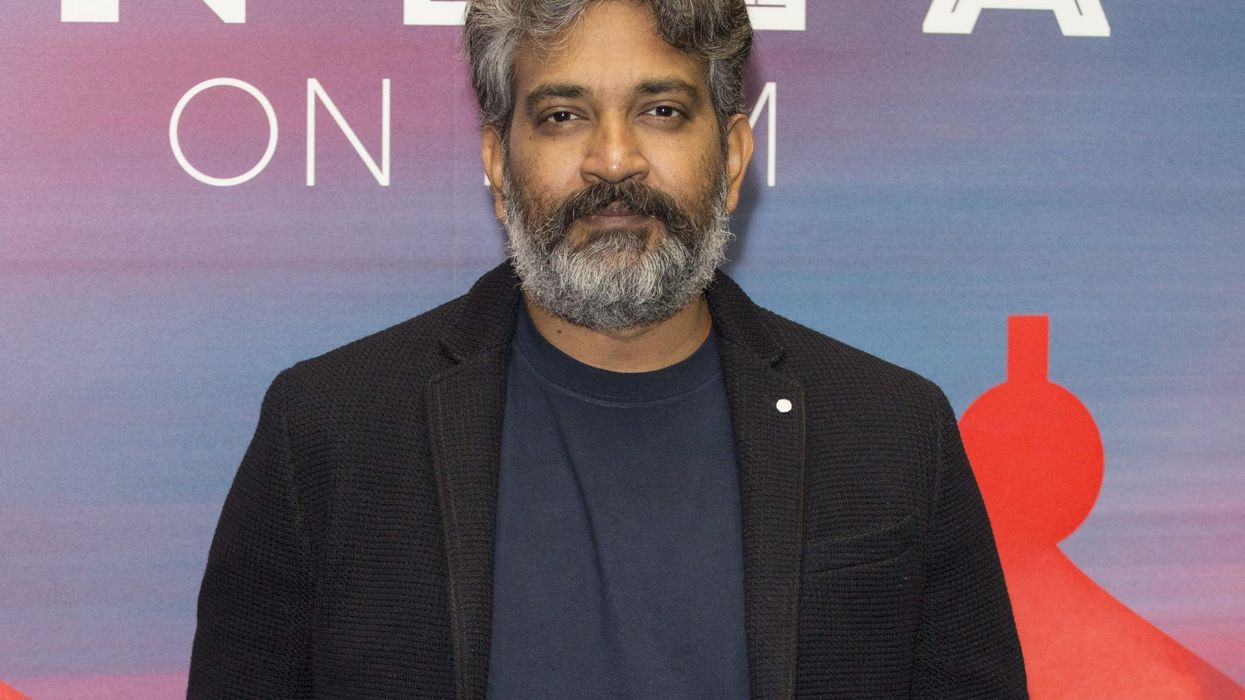SS Rajamouli on Tuesday announced that he will be presenting the upcoming feature film Made In India, a biopic on 'Father of Indian Cinema' Dadasaheb Phalke.
The RRR filmmaker said the script moved him emotionally when he heard the narration.
"When I first heard the narration, it moved me emotionally like nothing else. Making a biopic is tough in itself, but conceiving one about the FATHER OF INDIAN CINEMA is even more challenging. Our boys are ready and up for it.. With immense pride, Presenting 'MADE IN INDIA'," Rajamouli wrote on X, formerly known as Twitter.
He also shared the announcement teaser, which described the upcoming feature as the "biopic of Indian cinema".
"Made In India" will be directed by Nitin Kakkar, known for films such as "Filmistaan", "Mitron" and "Jawaani Jaaneman". The venture also marks Rajamouli's son SS Karthikeya's debut as a film producer. He was credited as the line producer of RRR.
"It’s been years since I wanted to fulfill my dream of becoming a producer. The moment has come. 'MADE IN INDIA'... With utmost responsibility, taking this up as a challenge," Karthikeya wrote on X, Varun Gupta is also attached as a producer.
Dadasaheb Phalke, referred to as the ‘Father of Indian Cinema’, made the first-ever full-length Indian feature film titled "Raja Harishchandra" in 1913. Born in Trimbak in present-day Maharashtra, the filmmaker's real name was Dhundiraj Govind Phalke.
He went to London to learn filmmaking from Cecil Hepworth and made his directorial debut in 1913 with "Raja Harishchandra", India's first full-length feature. In his career spanning over 19 years, he made 95 movies and 27 short films.
In 1969, the central government paid homage to the visionary filmmaker by dedicating an award in his name, Dadasaheb Phalke Award, which recognises lifetime contributions to Indian cinema.
Made In India marks Rajamouli's first project as a presenter after the global success of his Telugu period action drama RRR, which won the best original song award for "Naatu Naatu" at the Academy Awards earlier this year.
The makers are yet to announce the cast and other details about the film.




